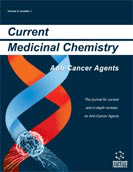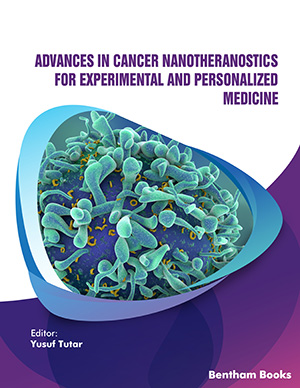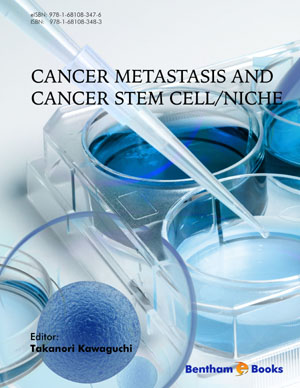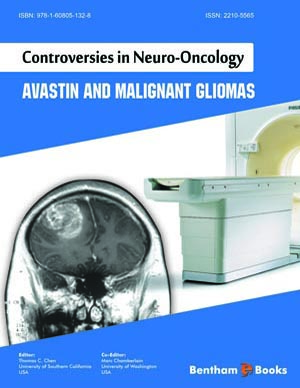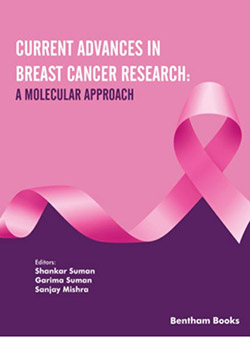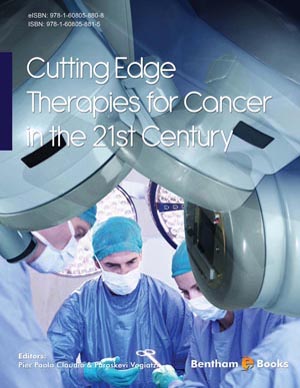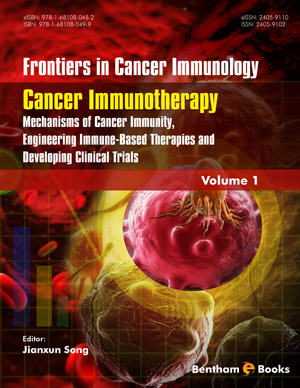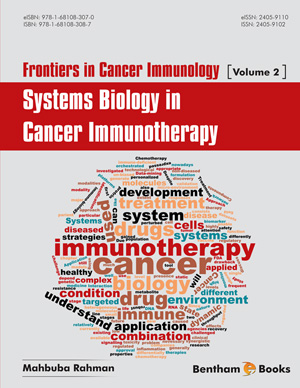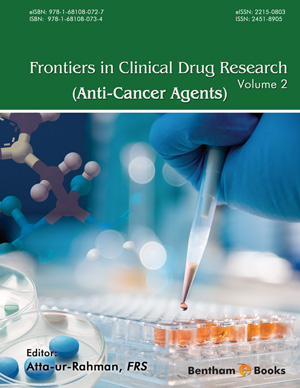Abstract
The experience gained in North-West Center for Endocrinology and
Endocrine Surgery (St.Petersburg, Russia), performing about 6000 endocrine surgeries
annually, shows that in a significant part of patients presenting with differentiated
thyroid cancer, it is possible to perform organ-preserving surgeries and to avoid using
radioactive iodine therapy. Such tactic are possible only in the settings of the presence
of high-quality preoperational cytological diagnostics, thorough following the preoperative
examination protocol (ultrasound examination of the neck area performed by
the operating surgeon and by the Head of the clinics, further computed tomography of
the chest in all the patients with cytological diagnosis of Bethesda 6, screening of
medullary carcinoma using calcitonin blood tests), performing radical resection of the
primary tumor with a wide use of preventive central cervical lymph node dissection
controlled by intra-operative neuro-monitoring, as well as in the settings of long-term
follow-up by the operating surgeons employed in the clinic. Radioactive iodine therapy
is an integral phase of therapy for locally advanced tumors and tumors with the
presence of distant metastases or high risk of the distant metastatic activity. Making the
decision on the necessity of radioactive iodine therapy is possible both based on the
evaluation of primary tumor characteristics and the evaluation of blood levels of
thyroglobulin and antibodies to thyroglobulin.
Keywords: Central neck dissection, Hemithyroidectomy, Radioactive iodine therapy, Thyroid cancer, Thyroid cytology.





